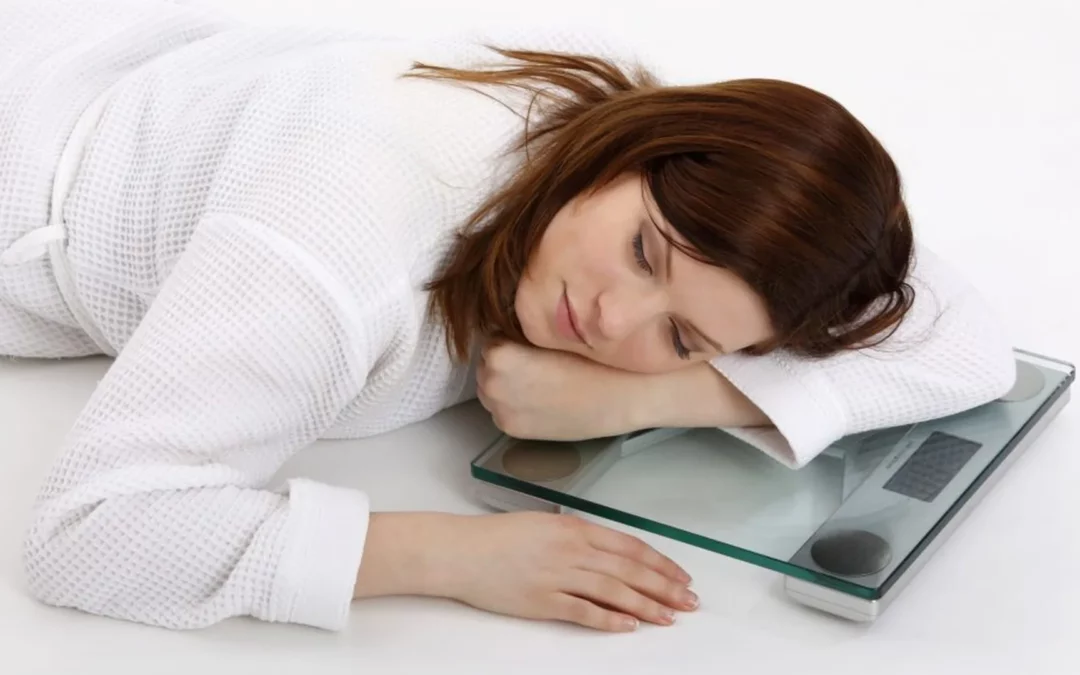
by Audra Starkey | Mar 26, 2018 | Nutrition, Sleep
It’s certainly no secret that shift work is taxiing on our health in more ways than one. In fact I’m sure you can appreciate first hand just how challenging it is to work irregular hours day after day after day … or should I say night? But what...

by Audra Starkey | Jan 4, 2018 | Nutrition, Sleep
As we close the door on yet another year (seriously how fast did 2017 go!), and head into a brand spanking new one, it’s only fitting that we become inundated with a never-ending plethora of “diets” that promise to help shed those unwanted...

by Audra Starkey | Dec 28, 2015 | Mindset
As we get ready to close the door on 2015 and make way for 2016, I’m in a bit of celebration mode right now and it’s not even New Year’s Eve! If you’re wondering why it’s because my end of semester University results have been published,...



